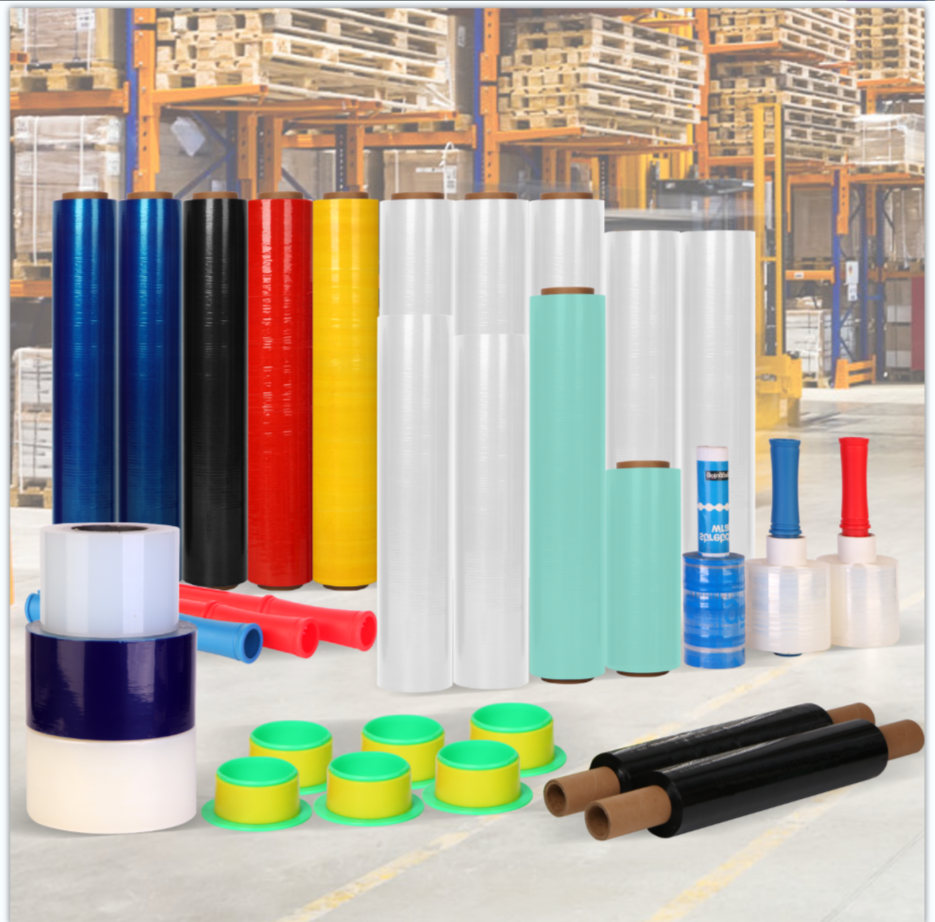Bulk Purchase of Eco-Friendly Compostable Trash Bags for Sustainable Living
The Growing Importance of Compostable Trash Bags
In an era marked by an urgent need for sustainable practices, compostable trash bags are gaining traction as a viable alternative to traditional plastic bags. As awareness of environmental issues rises, more consumers and businesses are seeking bulk options for compostable trash bags to reduce their ecological footprint.
What are Compostable Trash Bags?
Compostable trash bags are typically made from natural materials such as cornstarch, potato starch, or other renewable resources. Unlike conventional trash bags that persist in landfills for centuries, compostable bags break down into organic material when exposed to the right conditions, making them an environmentally friendly choice for waste disposal.
Why Choose Bulk Compostable Trash Bags?
Buying compostable trash bags in bulk is a smart, economical, and environmentally responsible choice for both businesses and households. Here are several reasons to consider bulk purchases
1. Cost-Effective Purchasing compostable trash bags in bulk often leads to significant cost savings. Retail prices for smaller quantities can be inflated due to packaging and distribution costs. Bulk buying allows consumers to take advantage of lower per-unit costs.
2. Convenience For homes or businesses generating large volumes of waste, having a sufficient supply of compostable bags on hand is practical. This ensures that you are always equipped to handle waste disposal without resorting to single-use plastic alternatives.
3. Environmental Commitment Using compostable trash bags demonstrates a commitment to sustainable practices. Businesses, in particular, can enhance their brand image by adopting eco-friendly products. This can resonate well with customers who value sustainability, potentially leading to increased customer loyalty.
4. Easy Sorting and Disposal Compostable trash bags simplify the sorting of organic waste, making it easier for individuals and businesses to compost properly. By facilitating better waste management practices, compostable bags contribute to more efficient recycling systems.
compostable trash bags bulk

Ideal for Various Applications
Compostable trash bags are versatile and can be used in a variety of contexts
- Home Use Kitchen scraps, yard waste, and other organic materials can be efficiently collected in compostable bags, making household composting more straightforward. - Restaurants and Cafés Establishments that generate considerable food waste can benefit from compostable bags. Not only do they align with environmentally conscious values, but they can also facilitate waste management practices that enhance business operations.
- Event Organizing Events such as festivals, weddings, and community gatherings can be more eco-friendly by incorporating compostable trash bags, promoting responsible waste disposal among attendees.
Challenges and Considerations
While the benefits of compostable trash bags are apparent, there are challenges to consider. They require optimal composting conditions—specifically, appropriate moisture, temperature, and microbial action—to break down effectively. Therefore, it's essential to ensure that these bags are disposed of in facilities that can handle compostable materials.
Additionally, not all compostable bags are created equal. It's crucial to look for certifications, such as ASTM D6400 or EN 13432, which guarantee that the bags meet specific composting standards. This ensures that the products you purchase genuinely contribute to composting efforts.
Conclusion
Embracing compostable trash bags is a practical step toward reducing plastic waste and promoting sustainability. By opting for bulk purchases, consumers can save money, enhance convenience, and make a positive impact on the environment. As more individuals and organizations recognize the importance of responsible waste disposal, the demand for compostable trash bags is likely to continue its upward trajectory. Supporting and utilizing these eco-friendly options not only contributes to a healthier planet but also aligns with the growing movement towards sustainability that is increasingly shaping our communities and lifestyles.
-
The Best Uses for Small Trash Bags in Daily LifeNewsJul.01,2025
-
Stylish Reusable Grocery Bags TrendsNewsJul.01,2025
-
Shipping Advantages of Using Bubble Envelopes BulkNewsJul.01,2025
-
How Compostable Mailing Bags Reduce Environmental ImpactNewsJul.01,2025
-
Environmentally - Friendly Bulk Poly MailersNewsJul.01,2025
-
Eco Friendly Custom Laminated Tote BagsNewsJul.01,2025
-
Have the freedom of customizing your custom mailers any way you want! Our dedicated packaging support will help deliver you the mailing experience you need to elevate your shipping experience to the next level! Start making a strong impression on your customers and stand out from your competitors! -
LIYA uses high quality raw materials which directly purchased from large enterprises domestic and overseas such as PetroChina, Sinopec, Sabic, Equate, ExxonMobil, Dow Chemical, Total, and Borouge, ensuring the price advantage and quality of the raw materials. -
LIYA uses high quality raw materials which directly purchased from large enterprises domestic and overseas such as PetroChina, Sinopec, Sabic, Equate, ExxonMobil, Dow Chemical, Total, and Borouge, ensuring the price advantage and quality of the raw materials.





